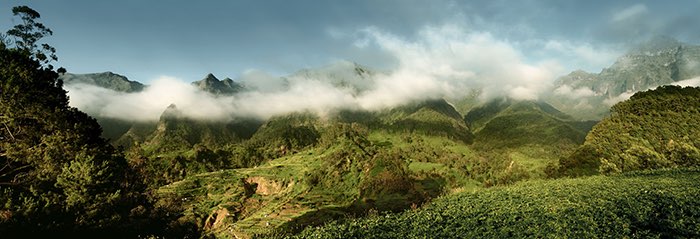
| Local Contacts English Version |
Moving to Madeira English Version |
||
| Labour Law Overview English Version |
Madeira's IBC Brochure English Version |
With reduced taxation, adequate infrastructures, competitive operational costs, safety and quality of life, Madeira is positioned to provide investors with a unique package of benefits.

Madeira is presently one the best locations in the E.U. for companies with operations in the European single market and worldwide.
With reduced taxation, adequate infrastructures, competitive operational costs, safety and quality of life, Madeira is positioned to provide investors with a unique package of benefits, offering a wide range of solutions to enhance the efficiency and performance of various forms of investment.
Moreover, Madeira’s preferential tax regime has not only been approved by Portugal but also by the European Union as a valid form of State aid for regional development, providing the IBC of Madeira with a stable and fully regulated and supervised business environment, thus adding to its international image of credibility and transparency.

Madeira, an integral part of Portugal fully integrated in the E.U., is located in the Atlantic Ocean, 900 km southwest of Lisbon.
The archipelago, with a total population of 267,785 inhabitants, has the city of Funchal as its most important centre.
Madeira's appeal to international investors have been the result of the island’s consistently low inflation rate, low taxation, and its extremely competitive operational costs, in comparison with other European locations.
Madeira’s IBC, the island’s main tool for attracting foreign investment, has been formally approved by the European Union as a legitimate programme of economic development. Its full integration in the Portuguese and the E.U.’s legal system have made of Madeira not only an efficient investment location, but also a well-regulated business centre regarded by the OECD as a model to follow.
Available to investors are several conference rooms and office centres providing office space for rental, as well as laboratories and a local university, with several courses ranging from Biology and Chemistry to Electronics and several Engineering courses. The Madeira University has, in addition, a cooperation with Carnegie Mellon University in Pittsburgh, USA, for a Master Degree in Human-Computer Interaction.
Additionally, Madeira benefits from a Submarine Cable Station, hosted in the “Madeira Datacenter”, operating several international optical submarine cables, allowing interconnectivity with national and international SDH networks and providing, as such, significant advantages in terms of quality, cost, bandwidth and scalability.
Another available infrastructure is the Internet Gateway provided by Marconi Internet Direct (MID).
This MID offers international Internet access without any kind of contention and using diversity in the access to international backbones.
The IP platform has its international connectivity distributed by: 3 PoPs (London, Amsterdam and Paris), peering connections with hundreds of major international ISPs and IP transits to Europe and the USA.